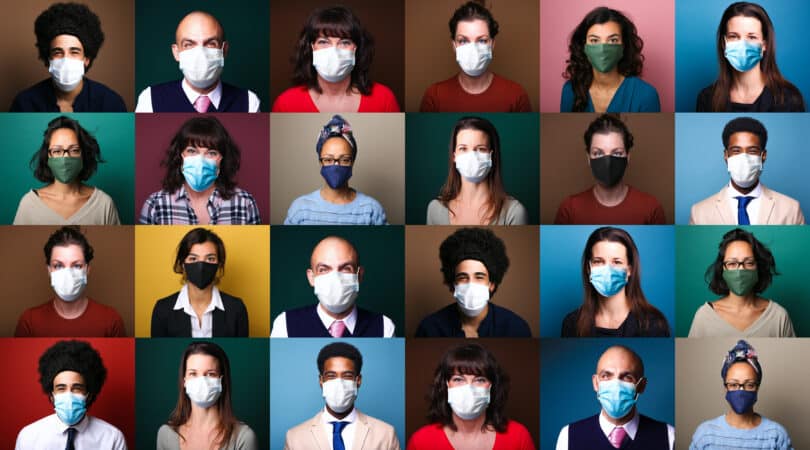A recent study reveals that over three-quarters of individuals with mild COVID-19 experience insomnia post-recovery, with a higher prevalence among those suffering from anxiety or depression. This research highlights the significant impact of COVID-19 on sleep patterns, even in non-hospitalized cases.
In a revealing study conducted by Huong T. X. Hoang, PhD, from Phenikaa University in Hanoi, Vietnam, and colleagues, it was found that a substantial majority of individuals recovering from mild COVID-19 reported experiencing insomnia. This condition was notably more prevalent among participants who also suffered from anxiety or depression, underscoring the intertwined nature of these health issues.
The cross-sectional online survey involved 1,056 Vietnamese individuals who had lab-confirmed COVID-19 within the past six months and were not hospitalized. Utilizing the Insomnia Severity Index and the Depression, Anxiety and Stress Scale-14, the study delved into the relationship between insomnia and mental health conditions such as depression and anxiety.
Key findings from the study include that 76.1% of participants experienced insomnia, with 22.8% facing severe insomnia. Additionally, one-third of the respondents reported deteriorations in sleep quality, shorter sleep durations, and difficulties in falling asleep. More than half of the participants noted an increase in nights with disrupted sleep.
The study also revealed that individuals with depression were over three times more likely to suffer from insomnia, while those with anxiety were nearly four times more susceptible. Interestingly, the duration of COVID-19 symptoms and the presence of chronic conditions prior to infection were identified as factors increasing the risk for insomnia.
Why It Matters: This study sheds light on the significant impact of mild COVID-19 on sleep health, particularly among individuals with pre-existing mental health conditions. The findings suggest a need for targeted public health interventions to address the long-term consequences of COVID-19, including insomnia, depression, and anxiety.
Potential Implications: The research underscores the importance of considering mental health in the post-COVID recovery process. Healthcare providers and public health agencies may need to develop strategies to support individuals experiencing insomnia after recovering from COVID-19, especially those with anxiety or depression. This could include behavioral therapy, medication, or other interventions designed to improve sleep quality and overall well-being.
Source: Healio
